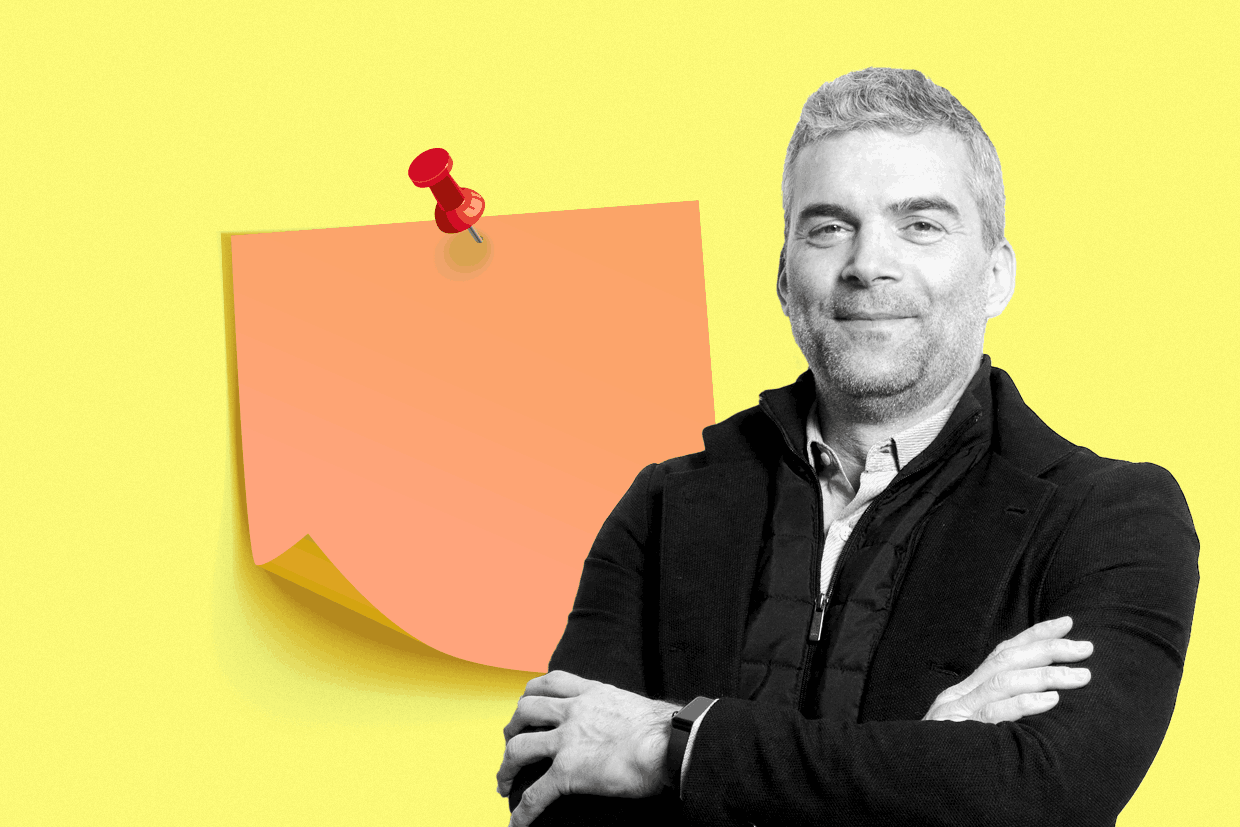From the outsider’s perspective, Prince’s career path through telecoms and payments would appear as coherent as if he had sketched it all out at graduation--but according to him, it was all down to one big moment of chance.
“In 2001 there was an explosion at the AZF fertiliser factory in Toulouse. This changed everything,” he told Delano. The plant, situated close to the centre of Toulouse, suffered from the explosion of three hundred tonnes of ammonium nitrate. The result was a blast measuring 3.4 on the Richter scale, killing 31 and injuring more than 2,500. It cast a long shadow over Toulouse and the many people working there, but it also derailed career plans for the young Prince, who was studying in his masters in purchasing, procurement and contracts management at the Toulouse School of Management at the time.
“My brother worked for 123 Multimedia, a tech company which found itself without windows and doors following the explosion. They asked if I and my friends from rugby could spend the weekend there as an informal protection for their IT equipment. Then I got talking to the CEO.”
Prince had never shown any interest in tech. The plan at the time was to spend an internship with Airbus as part of his masters, which would have taken him in the direction of procurement and contract management. But then another accident of circumstance came into play. “It was the months after the September 11th terrorist attack in the States, and Airbus cancelled my internship.”
Remembering that peculiar weekend patrolling the empty corridors of 123 Multimedia in Toulouse with half a team of burly French rugby players and the then-CEO Patrick Abadie, Prince gave him a call. And the rest, as one likes to say, is history.
“I remember thinking what a great guy Abadie was, he had great vision, he wasn’t afraid of risk.” Prince started work with 123 Multimedia, where he was to remain for six years as the company went through an IPO and grew from 200 employees to 1,500.
The lesson, he says, is to retain a level of curiosity. “Had it not been for remaining open, I would have followed a better-trodden path like the one set out in business school.”
It is these well-trodden paths of which Jonathan is wary. “I didn’t have a clue what I wanted to do at eighteen. I had no idea tech even existed.”
Speaking generally, says Prince, the European education system can favourise specialisation at a very early age, and employers thereafter will also look for a higher level education in whichever area they are active, discouraging career changes without a full retraining. It all combines to push someone along a career path before they are mindful of everything out there. Prince himself started out in civil engineering before switching to his masters in business just to keep his options open. “Even my business masters, I tried to keep it as open as possible but it is difficult.”
Fortunately for him, 123 Multimedia was not particularly interested in a degree in the technology sector. Thanks to this entry into the tech world, he was able to later accept a position at mobile advertising agency LD Mobile in Marseille, part of the Vivendi Group, then onto telecoms payments business M-Pulse in Luxembourg. It was at M-Pulse where he met the partners with whom he was to launch Digicash in 2012.
Smartphones were in their infancy as Prince was progressing up the ladder in the tech world, but he was convinced of their potential for advertisements and payments. It took a while, though, as anyone familiar with the creaky WAP connections on Quarter VGA displays of naughties mobile phones will attest.
“Using phones for internet didn’t pick up until the first iphones. We needed all the required ingredients,” points out Prince, citing the intersection of the Apple technology with the development of digital cellular networks.
The combination of the right ingredients also applies to Prince’s risk appetite. Although naturally curious and open to new opportunities and experiences, he believes it was his time in the tech world that helped him build the all-important risk appetite to go it alone. “I would see Patrick Abadie at 123 Multimedia taking risks. Some of these paid off, some of them didn’t, but it did see the company grow. I think if you are convinced in your gut [of the profitability of an idea], then you have to take those risks.”
However true entrepreneurship always means keeping some skin in the game, says Prince. When it comes to taking the risk, you are, as he puts it, “at the poker table but playing with your own chips.” This is what that can’t be taught, only experienced. “It’s not a real risk if you are playing with other people’s money.” It is an important lesson to remember at a time when entrepreneurship, and in particular, tech entrepreneurship, has grasped the zeitgeist of our time.
As for that ‘Sliding Doors’ moment in 2001, what would have happened had Prince taken up the internship at Airbus? “I would probably still be there provided there was something I was really excited about--or I would have changed entirely. Become a physio.” He is sanguine about how differently his life could all have gone and draws on a memory of working a summer job at French bed shop Dunlopillo.
“We would spend the day loading plastic-wrapped mattresses into lorries. It was hot, it was extremely dusty, but there was this man there who was happy all day long. It turned out that he worked 3.5 days for Dunlopillo and the rest of the time he would spend in the Pyrenees with his van and his dog, hiking. This taught me that people could always be happy if they have a purpose in life. It taught me that maybe I could have followed another path and it would also have all turned out fine.”
